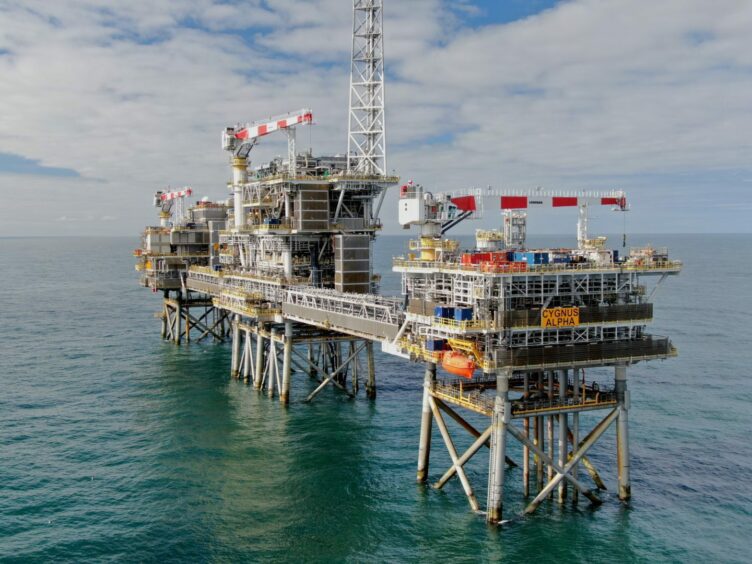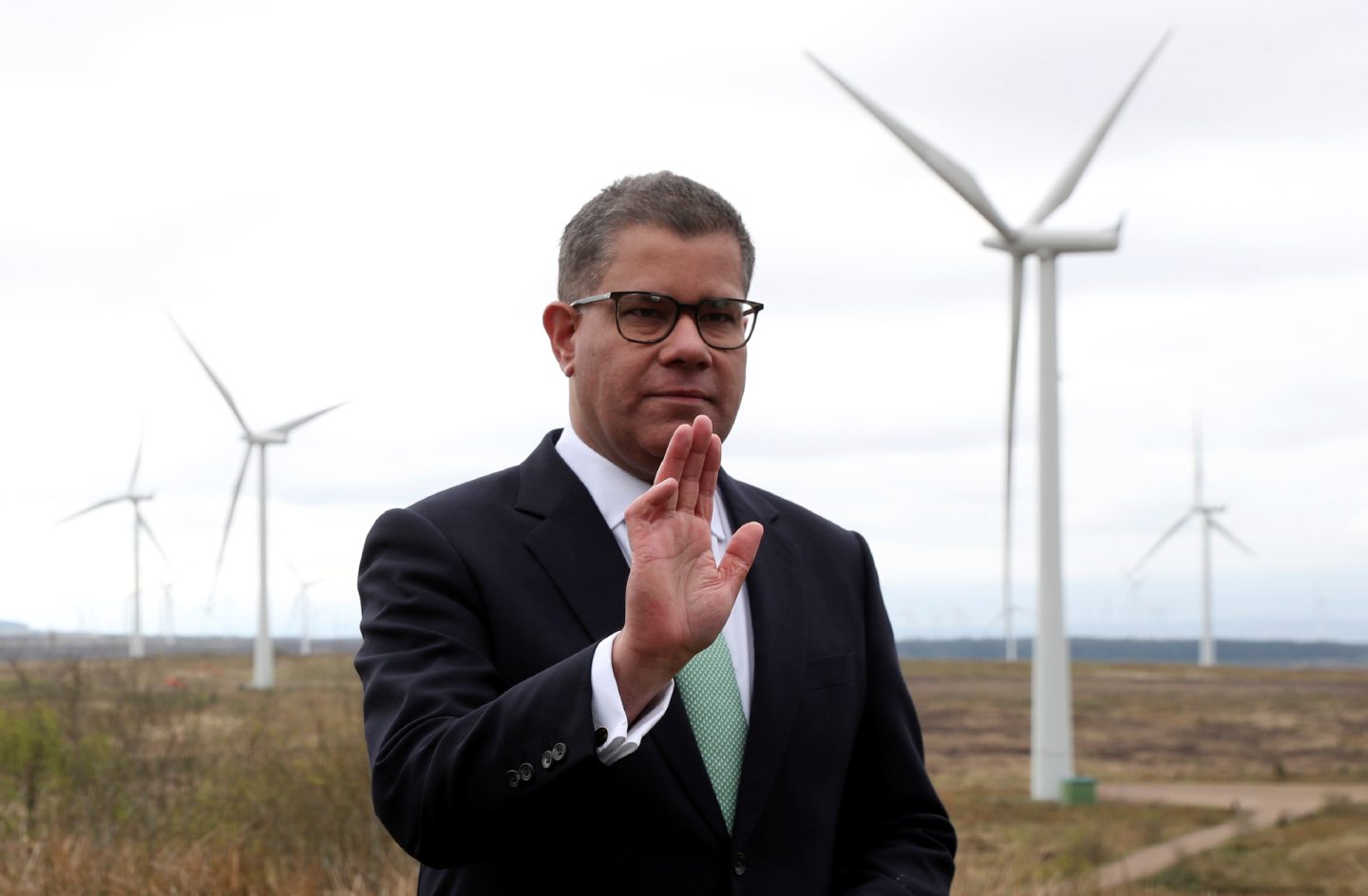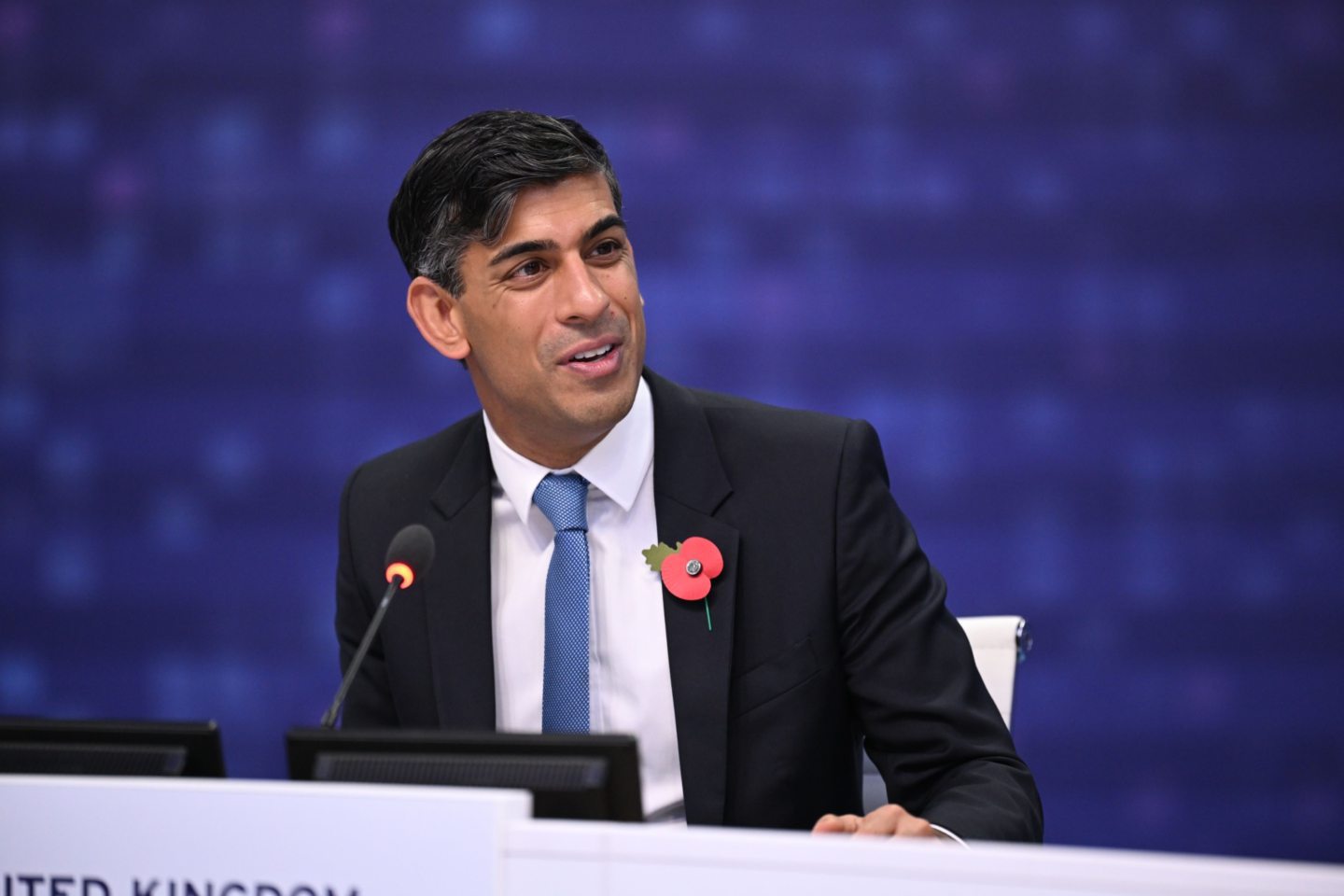
Government legislation designed to maximise North Sea oil and gas production has been delayed to avoid it being rushed through its first stage in 45 minutes.
The Offshore Petroleum Licensing Bill would require the industry regulator to run annual rounds for new oil and gas licences, subject to stringent new emissions and imports tests.
It was due to receive its second reading on Monday evening, but additional Commons business – including lengthy exchanges on the Israel-Hamas conflict and the Horizon scandal – meant MPs would have been left with little more than 45 minutes to debate it.
Marcus Jones, the Government’s deputy chief whip, told the Commons: “The urgent question today and the statements have run for significantly longer than anticipated.
“The Horizon statement has rightly been given significant time today which is right given the seriousness and the gravity of the issue.
“The second reading of the Offshore Petroleum Licensing Bill will therefore not take place this evening.
“This is a significant piece of legislation, it is crucial to the UK’s energy security, which cannot be properly debated between now and 10 o’clock.
“The Leader (Penny Mordaunt) will update the House in the usual way on the date that the Bill will be rescheduled for, however I fully expect this to be within the next two weeks.”
Tory former cabinet minister Sir Alok Sharma earlier said he would not support the Bill, describing it as a “smoke and mirrors” exercise which reinforces the perception that the UK is “rowing back from climate action”.
Currently licensing rounds are run when the North Sea Transition Authority (NTSA) decides it is necessary.
The Government claims the introduction of regular licensing for exploration will increase certainty, investor confidence and make the UK more energy-independent.
The legislation has already triggered the resignation of former net zero tsar Chris Skidmore as a Tory MP.
Sir Alok, who was president of the international Cop26 climate summit hosted by the UK, said the Bill is a “total distraction” and “a smoke and mirrors Bill which frankly changes nothing” except to further damage the UK’s international reputation on climate action.
He told BBC Radio 4’s Today programme: “What this Bill does do is reinforce that unfortunate perception about the UK rowing back from climate action – we saw this last autumn with the chopping and changing of some policies – and actually not being serious about meeting our international commitments.”
He said that, at the Cop28 summit in December, the UK signed up to a global plan to transition away from fossil fuels but “this Bill is about doubling down on granting more oil and gas production licences”.
“It’s actually the opposite of what we agreed to do internationally, so I won’t be supporting it,” he added.
Sir Alok said the Climate Change Committee has been “pretty clear that continued expansion of new oil and gas reserves is inconsistent with our climate commitments”.
A group of 30 politicians, including Mr Skidmore and Lord Goldsmith, have also written to Energy Secretary Claire Coutinho urging her and the Government to drop the Bill, saying that it is “diametrically opposed” to the global consensus of moving away from fossil fuels.
Mr Sunak defended his decisions and insisted the UK was still a world leader in its net zero commitments.
Challenged about “flip flopping” on the issue at a PM Connect event in Lancashire, he said: “We’ve already decarbonised faster than any other major economy in the world. Fact.
“We’ve got more ambitious targets than any other advanced economy in the world. Fact.
“And we can still meet those targets without having to impose these costs on you prematurely, telling you to switch your car, rip out your boiler, upgrade the efficiency in your home.”
Labour has opposed the measure, arguing it will not deliver benefits in terms of lower costs and improved energy security, is “entirely incompatible with the UK’s international climate change commitments”, and is “a totally unnecessary piece of legislation which will do nothing to serve the UK’s national interest”.
Recommended for you

 © PA
© PA © Photographer: Leon Neal/Getty Images
© Photographer: Leon Neal/Getty Images